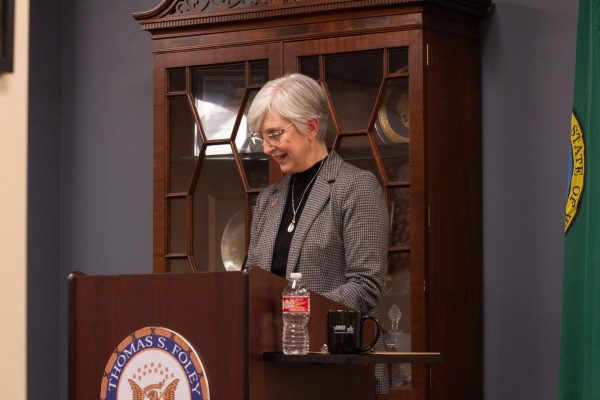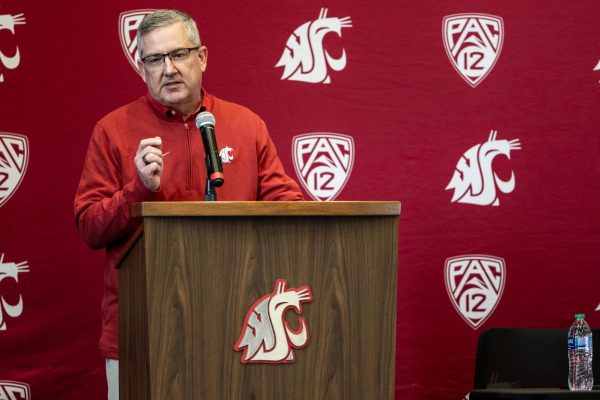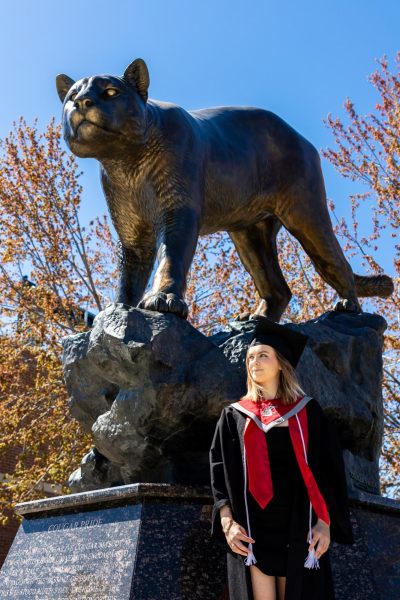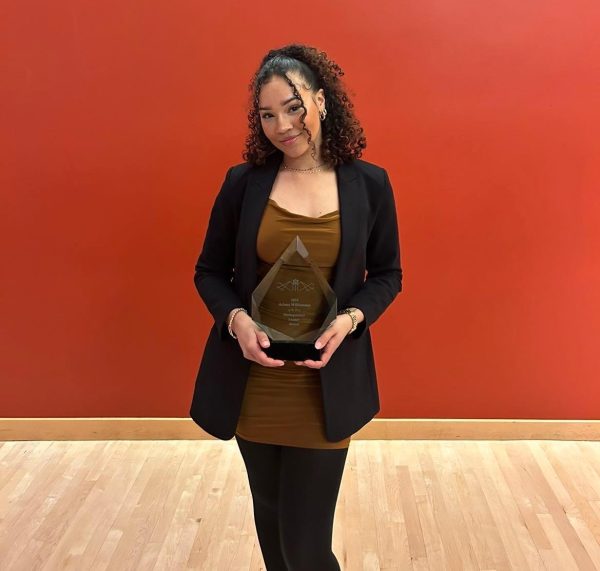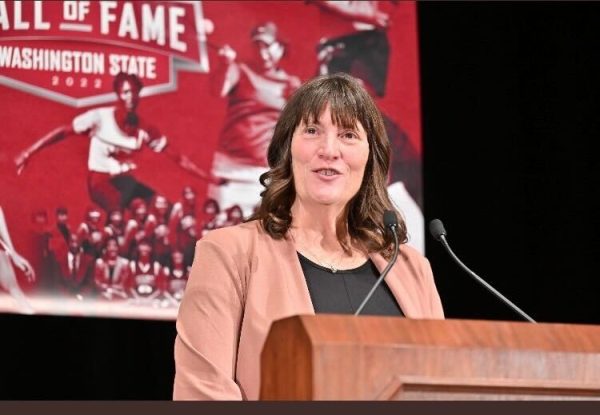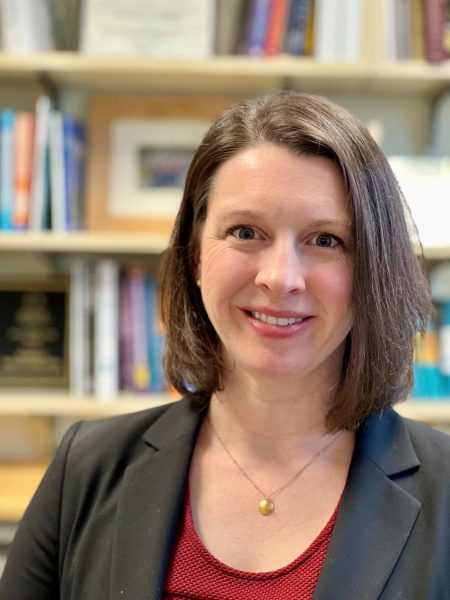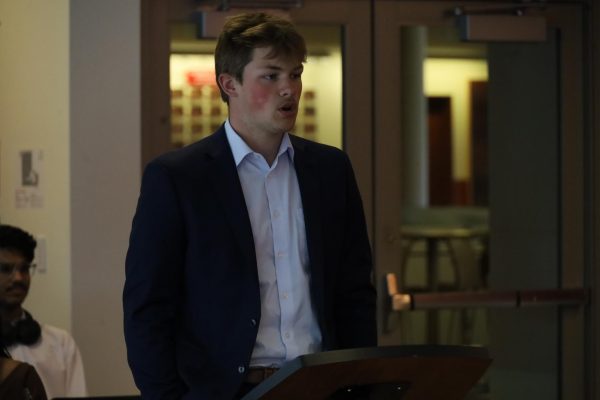Instructional faculty increasing
September 8, 2016
Vice President and Provost Dan Bernardo said at a meeting Wednesday morning that he hopes to combat misconceptions of faculty this year.
The meeting was the first in a series of Department Chairs and Directors Workshops. Bernardo said 95 percent of the provost’s budget is in personnel and faculty staff benefits and it is important to focus on the trends.
Bernardo said enrollment growth and budget issues drive the trend of increased instructors and clinical faculty, as well as the decline of assistant professors and the increase of associate professors.
Though Bernardo cited the budget as an issue, he deterred any notion of budget cuts in the future.
“The challenge we have,” Bernardo said, “is all the tuition growth money goes out to the colleges, with some colleges being quite wealthy.”
Instead of cutting staff salaries, Bernardo said he plans to repurpose the dollars.
“It’s not going to be done in a year,” he said.
Bernardo also discussed the role of clinical faculty, which make up a large portion of non-tenure track staff. Clinical faculty has increased 200 percent over the last 10 years, which are “largely instructional faculty.”
Professors at the meeting debated whether this was the best use of time for this group of staff.
“You really cannot have one person do two jobs, teaching full-time and research full-time,” said Juming Tang, department chair of biological systems engineering.
Chemistry professor Kirk Peterson disagreed.
“You need a higher percentage of faculty who have research responsibilities and abilities,” Peterson said. “Whether they have tenure track or not, is not important to it.”
Staff members on tenure track do not have a permanent position but, assuming they fulfill their roles, will become permanent after a period of time. Non-tenure track personnel are those who tend to have a shorter length of contract. Bernardo took the opportunity to address misconceptions of those on non-tenure track.
“Non-tenured faculty is underappreciated and is not managed as creatively as necessary,” Bernardo said.
He said he wants to change the idea that faculty is tenure or tenure-track staff, because most of the undergraduate teaching is done by non-tenured faculty.
Those on non-tenure track tend to be international faculty who cannot get permanent immigration status, even through they have a job at the university, and Bernardo said he hopes to change that this year.
He also said he wants to make clear the importance of improvements in each department.
“Departments with a history of issues have a problem with attracting a quality leader,” Bernardo said. “You’re not going to get promoted just doing the teaching. You have to be scholarly in your teaching.”






